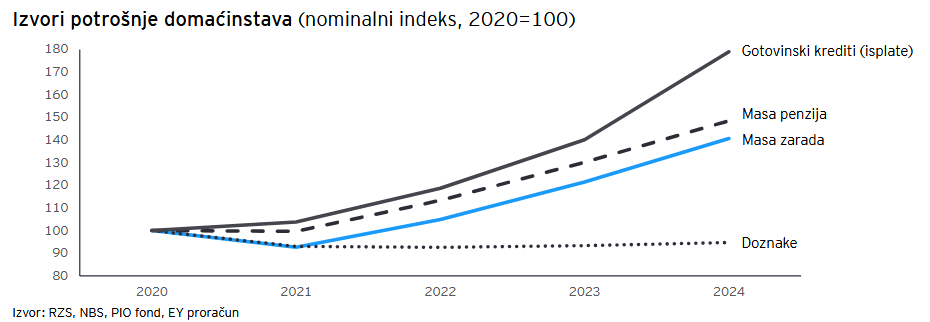Son, and when you finally move away: Croats leave parents no later than parent – the world
Despite increasing gathering, young Germans continue to independently and leave their parents pretty early. Croats no later than the entire European Union.
Young people in Germany are moving from parents earlier than in most other members of the European Union: last, 2024. year, the German Statistical Office determined that they left the parental home with an average of 23.9 years. This is significantly less than in other members of the European Union, where the average is reached for 26.2 years.
Something else was noticeable: Sons remain at home longer than daughters: young women are moving at 23rd, and young men with 24.6.
Parents (nevertheless) have not yet pulled out
This information may surprise, especially due to high tenants, especially in large German cities. However, it often does not mean that parents finally released care for their Cedo. The descendant will be happy to bring a full bag of laundry that should wash and iron. And when he has already come, he won’t be hard for him to disperse his parents and all pots and sherpes from the stove. Dad will also not have a choice, so it will often have to jump with financial subsidy, especially if it takes something to fix or buy.
Only in seven members of the European Union, the average year of eviction was lower than in Germany. These are, of course, Scandinavian countries, but also neighbors, such as the Netherlands (23.2 years) and France (23.5). Young people in Finland (21.4) and Denmark (21.7) are emigrated earlier.
In Croatia young people no later than their parents
In this category are young people in Croatia at the bottom of the ladder: they are on average only from the age of 31.3 – and only something is slightly better in Slovakia (30.9) and Greece (30.7).
However, many young people still live with parents: German statisticians have still lived in parents last year – probably due to pepper tenants and increasingly emphasized by 2021. When it amounted to 27.4 percent.
Likewise, it seems easier to find a new nest: while 2024. more than a third (33.8 percent) of 25-year-old men still lived among the women of that age there were only more than a fifth (22.4 percent).
Follow us on our Facebook and Instagram page, but also on X account. Subscribe to PDF List release today.








